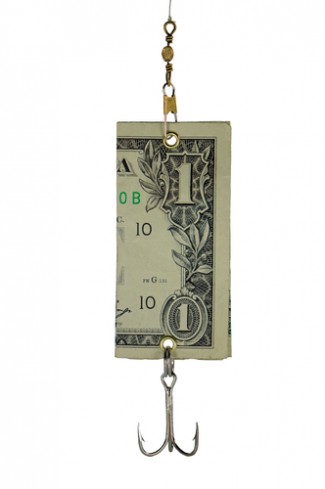How to Stop Wage Garnishment with Bankruptcy Filing in Alabama
How to Stop a Wage Garnishment with Bankruptcy
Wage garnishment is a legal process that allows creditors to take money directly from your paycheck in order to pay off debts that you owe. Wage garnishment can be a stressful experience for anyone who is struggling with debt. If you’re struggling to pay your bills, and a creditor has obtained a judgment against you, they may seek wage garnishment to collect on the debt. Fortunately, filing for bankruptcy can help you stop the wage garnishment and regain control of your finances. In this blog post, we’ll explain how to stop wage garnishment with bankruptcy.
What is wage garnishment?
Wage garnishment is a legal process that allows creditors to collect debts directly from your wages. It typically happens after a creditor has obtained a judgment against you in court, which allows them to legally take money from your paycheck in order to pay off the debt. In most cases, your employer will be notified of the wage garnishment and will be required to withhold a certain amount of your wages each pay period until the debt is paid off.
How can bankruptcy help stop wage garnishment?
Filing for bankruptcy in Madison, or anywhere else in Alabama, can help stop wage garnishment in two ways: through an automatic stay or through a debt discharge. An automatic stay is a legal order that goes into effect as soon as you file for bankruptcy. It stops all collection actions against you, including wage garnishment. This means that creditors can no longer take money directly from your paycheck, giving you some financial relief. Additionally, if your wage garnishment is related to unsecured debts like credit cards or medical bills, these debts can be discharged through bankruptcy. This means that you’ll no longer be responsible for paying them, and the wage garnishment will be permanently stopped.
What Type of Bankruptcy Can Help Stop Wage Garnishment?
Chapter 7 and Chapter 13 bankruptcy can both help help. In Chapter 7 bankruptcy, unsecured debts such as credit card debt and medical bills can be discharged. If a creditor is garnishing your wages for an unsecured debt, the debt will be discharged in bankruptcy, and the garnishment will stop.
In Chapter 13 bankruptcy, a repayment plan is created to pay off your debts over three to five years. The repayment plan includes priority claims such as taxes and mortgage payments, but unsecured debts such as credit card debt and medical bills may also be included. A wage garnishment for an unsecured debt will stop once you file for Chapter 13 bankruptcy in Morgan County or anywhere in Northern Alabama.
What Happens After the Bankruptcy is Filed?
Once you file for bankruptcy, your employer will be notified of the automatic stay, and the wage garnishment should stop. If your wages continue to be garnished after you file for bankruptcy, contact your Prattville bankruptcy attorney immediately.
In conclusion, wage garnishment can be a difficult and stressful situation to deal with, but filing for bankruptcy can help put an end to it. Both Chapter 7 and Chapter 13 bankruptcy can stop a garnishment, giving you some financial relief and a fresh start. If you’re considering bankruptcy, it’s important to seek professional advice and guidance from a licensed bankruptcy attorney in Montgomery.
Attorney Steven A. Harris regularly blogs in the areas of family law, bankruptcy, probate, and real estate closings on this website. Mr. Harris tries to provide informative information to the public in easily digestible formats. Hopefully you enjoyed this article and feel free to supply feedback. We appreciate our readers & love to hear from you!
Sharing is caring:







